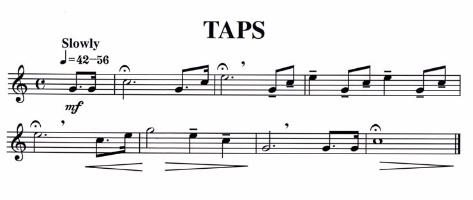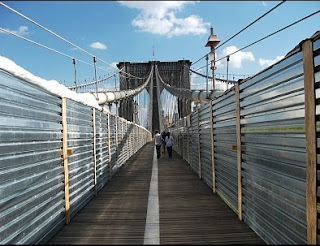To follow up an earlier post on this blog, Judicial Recusal and Prejudice, readers may be interested in news that Chief US District Judge James Ware rejected arguments by supporters of the Proposition 8 same-sex marriage ban that former Chief Judge Vaughn Walker should have recused himself, or divulged his sexual orientation, before declaring the ban unconstitutional. Judge Ware’s Order, available at the website of the US District Court for the Northern District of California, stated that:
[T]he presumption that “all people in same-sex relationships think alike” is an unreasonable presumption, and one which has no place in legal reasoning. The presumption that Judge Walker, by virtue of being in a same-sex relationship, had a desire to be married that rendered him incapable of making an impartial decision, is as warrantless as the presumption that a female judge is incapable of being impartial in a case in which women seek legal relief. On the contrary: it is reasonable to presume that a female judge or a judge in a same-sex relationship is capable of rising above any personal predisposition and deciding such a case on the merits. The Motion fails to cite any evidence that Judge Walker would be incapable of being impartial, but to presume that Judge Walker was incapable of being impartial, without concrete evidence to support that presumption, is inconsistent with what is required under a reasonableness standard.
This June, recognized as Lesbian, Gay, Bisexual, and Transgender Pride Month by Presidential Proclamation, has seen other news related to legal ramifications of same-sex marriage. An article at Law 360 (available by Brooklyn Law School Library subscription) reports that a California Bankruptcy Court issued a Memorandum of Decision that a same-sex couple may file a joint bankruptcy petition, ruling that denying their petition under the federal Defense of Marriage Act would violate the couple’s equal protection rights under the Fifth Amendment. In New York, the legislature has until June 20 to enact the Marriage Equality Act which would amend New York’s Domestic Relations Law and bring marriage equality to New York state. The Governor’s Office issued a press release to insure that “religious corporations” are “private” entities that do not have to accommodate gay marriage, meaning clergy will not be forced to marry gay couples.





